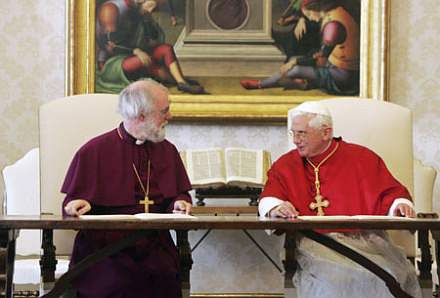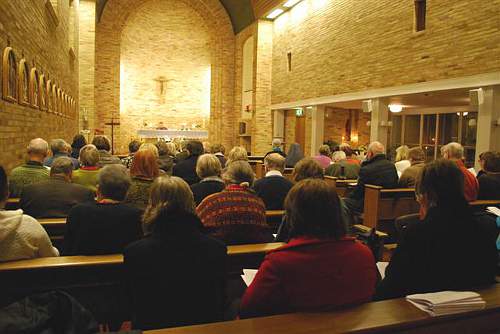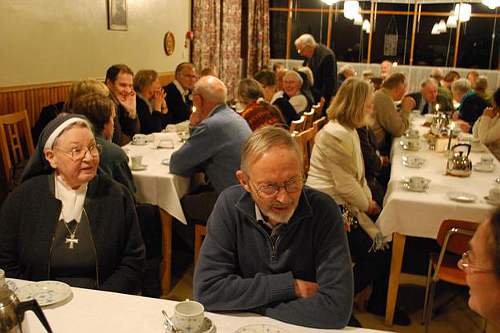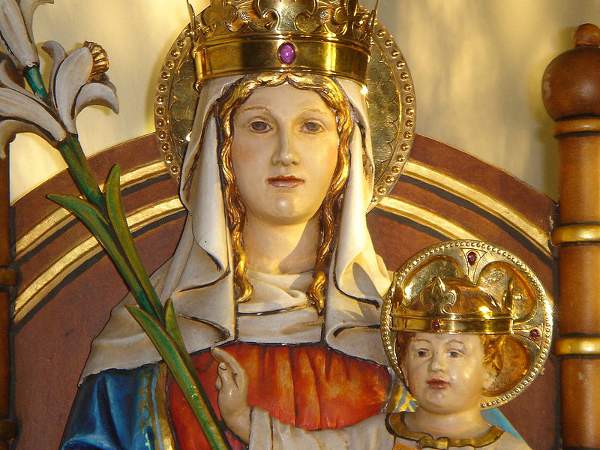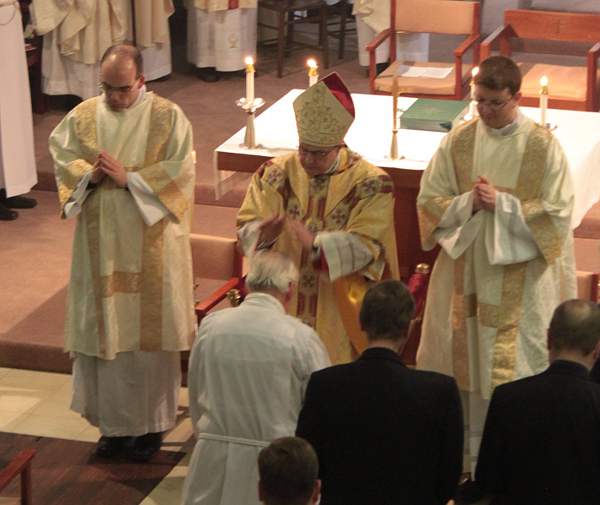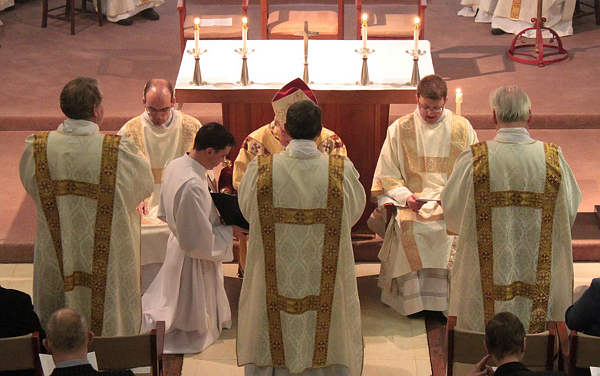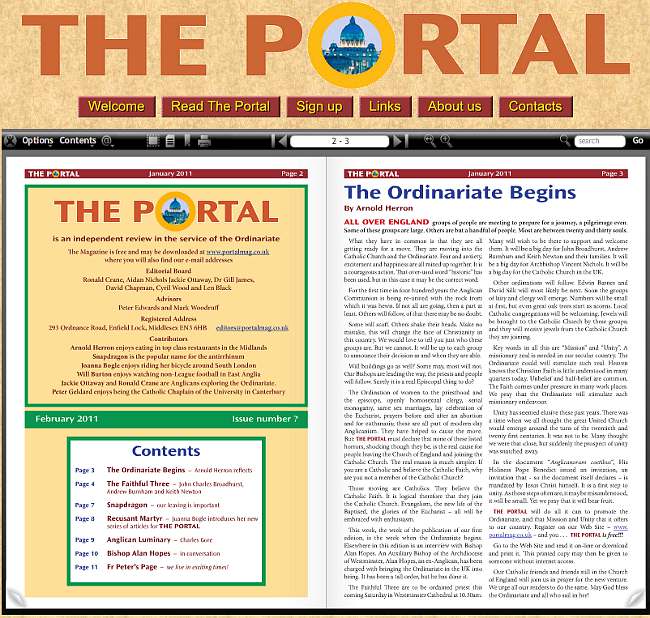Pavens tilbud til anglikanere også aktuelt for lutheranere?
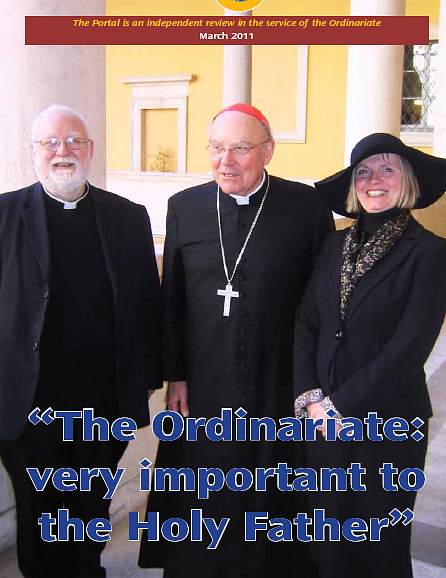
I siste nummer av «The Portal», som skriver om ‘Ordinariatet’ i England (og som kan leses her), intervjues kardinal Levada og Fr Hermann Geissler, og de sier bl.a.:
….. The Ordinariate is provided for Anglicans; but could this model be used for other groups? We know from Forward in Faith contacts in North America and Scandinavia that there are Lutherans who may well benefit from a similar model to the Ordinariate, would this be possible? The CDF acknowledged that this was an important question. Already they were receiving similar requests from Lutherans. Would this model be of use to them? “The Holy Father will do all he can to bring other Christians into unity.” ‘Seek ye first the Kingdom of God and everything else will be given you.’
Fr Hermann concluded, “Thank you sincerely for coming to Rome. We pray for you that the Ordinariate goes well. Priests are already ordained. We must be faithful to unity. We will do all we can to help you together with the Bishops of England and Wales. Be encouraged by the words of Jesus Christ, ‘Seek ye first the Kingdom of God and everything else will be given you.’ There will be suffering, but God will guide us.”
We thanked Cardinal Levada and Fr Geissler, and as we left the Vatican marvelled at the generosity and warmth of the welcome. We do indeed life in
interesting times.

